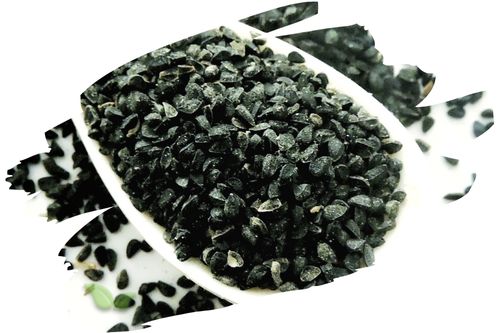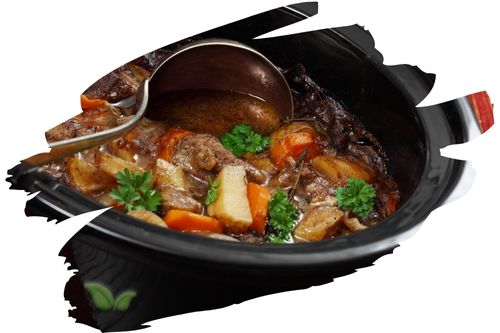
Functional foods are foods that have been specifically designed or modified to provide additional health benefits beyond basic nutrition. These foods may contain added nutrients, beneficial bacteria, or other compounds that can promote optimal health and prevent disease.
Examples of functional foods include:
-
Probiotic Yogurt: Yogurt that contains live, active cultures of beneficial bacteria that can improve gut health and boost the immune system.
-
Fortified Cereals: Cereals that are fortified with additional vitamins and minerals, such as iron and calcium, to help meet daily nutritional needs.
-
Omega-3 Eggs: Eggs that are enriched with omega-3 fatty acids, which can help reduce inflammation and improve heart health.
-
Fiber-Rich Foods: Foods that are naturally high in fiber, such as whole grains, fruits, and vegetables, which can improve digestive health and help lower cholesterol levels.
-
Plant-Based Proteins: Foods that are rich in plant-based proteins, such as beans, lentils, and tofu, which can provide a healthy source of protein while also reducing the risk of heart disease.
-
Herbal Teas: Teas that contain beneficial herbs and spices, such as chamomile, ginger, and turmeric, which can promote relaxation, reduce inflammation, and provide antioxidant benefits.
The development and popularity of functional foods is driven by a growing interest in the relationship between diet and health, and the desire to optimize health through dietary choices. While functional foods can be a convenient way to obtain additional nutrients and health benefits, it's important to remember that they should not replace a well-balanced diet and healthy lifestyle habits. As with any dietary supplement or modification, it's important to consult with a healthcare professional before making any significant changes to your diet.
Alert: While spices can have many beneficial properties for health, using them for medical purposes should be done under the guidance and supervision of a healthcare professional or specialist. Some spices may interact with medications or cause adverse reactions in certain individuals, and it is important to use them safely and appropriately. If you are considering using spices for a medical condition, it is important to consult with a healthcare professional before doing so.




















































